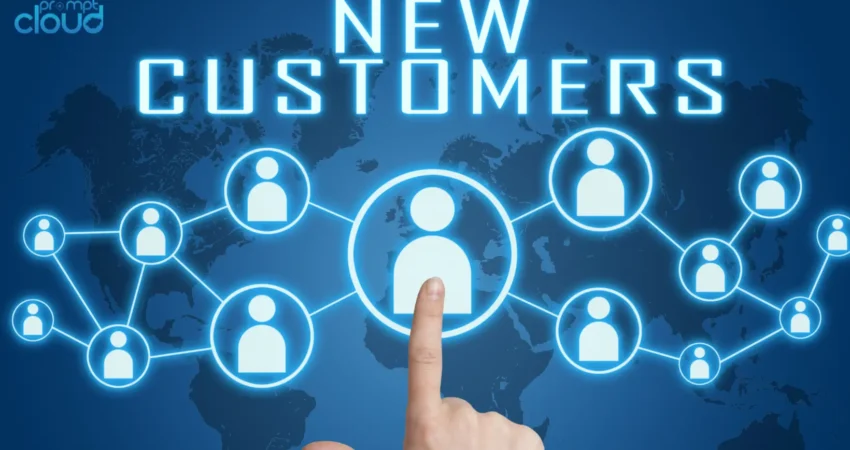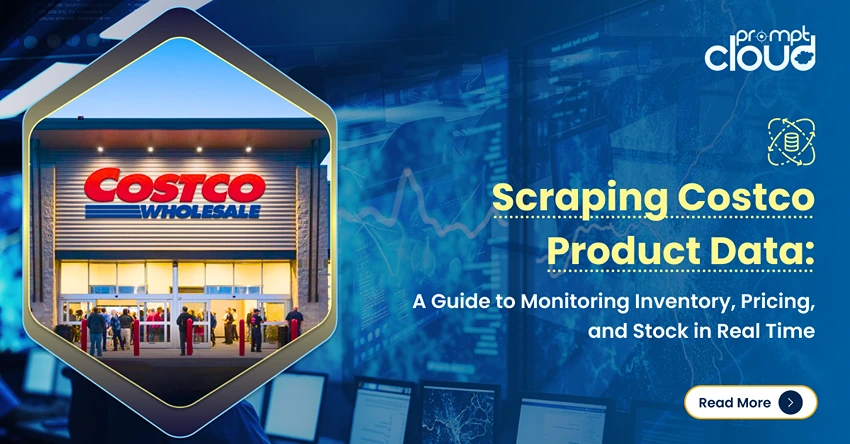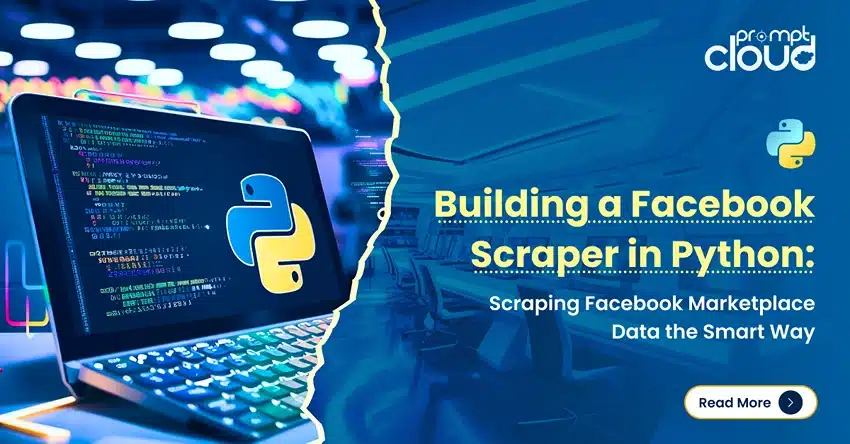
Building a company culture is no small deal, because you can’t control it or effect it. Culture is simply a reflection of the core values of the company’s founders and the strong beliefs that have been held along the journey. And for the same reason, no culture can be twisted or jolted and rebuilt overnight. It takes years of operations to become a way of life for people in the organization. Two of the 4 main core values that PromptCloud holds as an organization are-autonomy and customer success, which will be discussed at length here.
Autonomy
There are way more clichéd statements about teamwork and how unity builds strength, trust and products. However, seldom do we discuss the basic tenet of such a team that outperforms its goals. We talk about diversity, effective communication, learnability but unless there’s autonomy, all teamwork falls apart.
At PromptCloud, autonomy stands as the basic foundation of what we are and what we believe in to the core. From day one, we throw new joinees into deep waters, quite literally so. There are no formal spoon feeding programs or instruction manuals, just a self-serve wiki and some guidance from peers. It’s not taken in good taste either because in the beginning it’s all blue. But it does eventuate into a higher order learning that instills the self-drive which is expected out of every employee here. Hardly ever has anyone not gotten out of the water.
Further so, there’s a sense of independence that comes out of such learning, and people feel better armed at their tasks without being dependent on anything other than themselves and the tools at their disposal. Of Course we have teams, but teams that can function with all their might and not one where there are chosen few to perform tasks of the whole. Each team member has his/her own set of deliverables and responsibilities, whereas the team is for work task allocation and such fabric.
At times, autonomy could be replaced with freedom, which is fine, but only as long as it’s freedom with responsibility. Rather, creative freedom is what autonomy entails, wherein you utilize your competencies and all the resources at bay to invent and innovate, without worrying about failures or waiting for directions. The moment you provide this freedom to people, the door of opportunities open up and ideas start flooding.
Customer Success
Customer empathy is a rather banal phrase. We’ve all kept hearing about how one should get into the customer’s shoes for a perspective that we usually diverge from as being their vendors/suppliers. But for an organization to grow or even sustain, it’s imperative that even the non-business folks soak it up into their DNA.
PromptCloud has an innate culture of customer success, different from empathy only in the sense that we empathize AND help our customers achieve business success. We get so closely involved with their businesses that we become one of them when working on their problem statement. We arrive at a sustainable long-term solution in consultation with our customers. We ensure that from the point they land on our website through their lifetime with us, they experience an unmatched sense of dependability and support. Customer success exudes in the way we treat our customers professionally (professionalism is often underrated), patiently answering their queries while dismissing what doesn’t make sense in the interest of our mutual relationship, and going out of way to make the solution work for them either via further customizations or tweaking price knobs.
In essence, it’s not just customer support team and account managers that should be worried about making customers happy, but even the developers and engineers. It’s important that everyone’s goals are aligned to achieving customer success because it’s ultimately the customers that pay our salaries and because of who we exist.
Does a company’s culture evolve?
No, is the short answer. The ways in which you practice this culture might evolve, however the basic patterns remain. For example, we can’t change being customer-centric but we can bring in tools or processes that help us create that experience faster for our customers. Culture is a sum total of core values and exhibited behaviors in day to day operations. It’s something that we discover while conducting ourselves at our workplace. Company culture and core values transcend people, technologies and product market lifecycles so if you’re at it, better watch out what you believe.



















